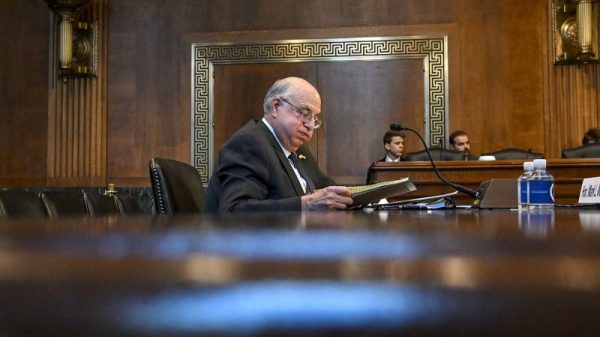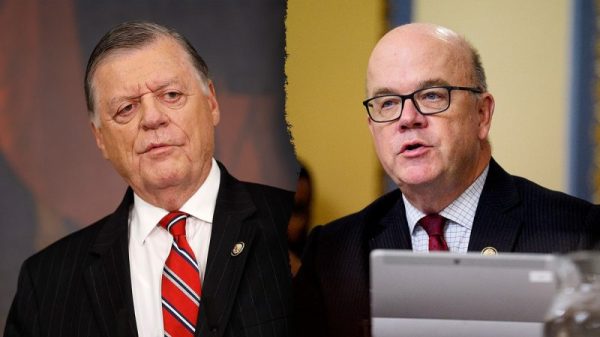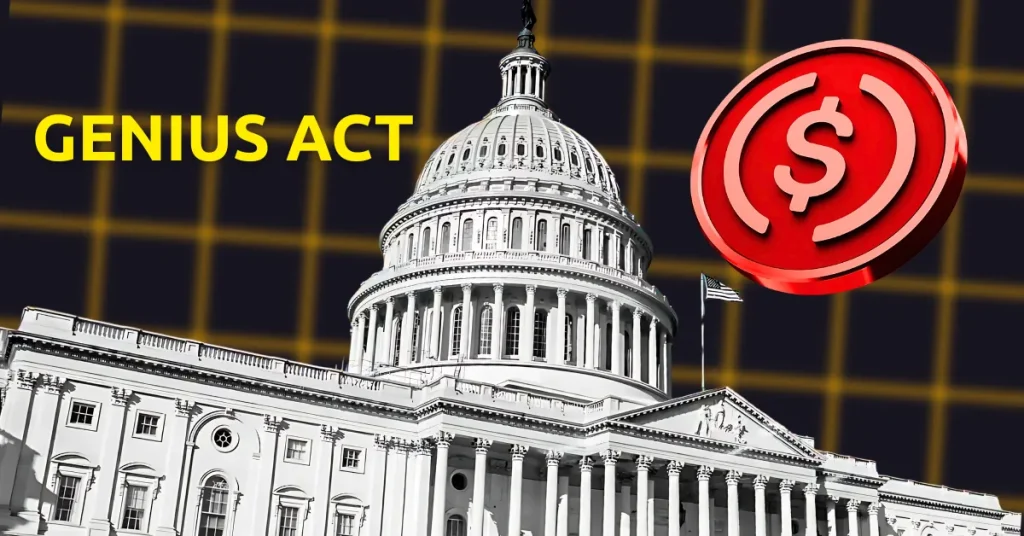The post U.S. Treasury’s GENIUS Act Sets Stage for Privacy-First Crypto Regulation, Says a16z appeared first on Coinpedia Fintech News
As the U.S. Treasury begins implementing the GENIUS Act, a landmark bill shaping the future of stablecoin and cryptocurrency regulation, Michele Korver, Head of Regulatory at a16z Crypto, has issued a powerful call for privacy-preserving innovation.
In a detailed submission to the Treasury, Korver outlined how decentralized digital identity (DID) and zero-knowledge proofs (ZKPs) can revolutionize compliance, making the crypto ecosystem safer, more transparent, and less intrusive.
Building a Privacy-First Framework for Crypto Compliance
Korver emphasized that decentralized digital identity, supported by privacy-preserving cryptography, can achieve two critical goals simultaneously: strengthening national security and protecting civil liberties.
She argued that current AML/KYC rules are outdated, restricting financial institutions from adopting blockchain-based identity tools. a16z urged FinCEN to use its exceptive relief authority to modernize these frameworks, allowing both crypto firms and traditional financial institutions to verify users through digital wallets instead of centralized databases.
According to Korver, this approach would empower individuals to control their personal data while still giving regulators the visibility needed to prevent illicit activity. Technologies such as zero-knowledge proofs (ZKPs) and multi-party computation (MPC) enable verification without exposing private information, reducing risks of surveillance, hacking, and large-scale data breaches common in centralized systems.
Smarter Crypto Compliance, Not Stricter Surveillance
In its submission, a16z Crypto explained that decentralized identifiers (DIDs) and verifiable digital credentials (VDCs) can help meet obligations under the Bank Secrecy Act (BSA) and Anti-Money Laundering (AML) laws.
However, these innovations are not yet recognized under existing Customer Identification Program (CIP) rules. a16z urged FinCEN to officially recognize decentralized identity as a valid “non-documentary” compliance method and extend these exemptions to money service businesses (MSBs) a category that includes most crypto exchanges.
Also Read : Top Two ‘Whale Approved’ Altcoins To Stack For Massive December Rally ,
The firm also called for clearer definitions to distinguish decentralized stablecoins from payment stablecoins, a move that would promote fair competition and innovation-friendly oversight. a16z highlighted data showing that less than 1% of on-chain transactions are illicit, arguing that smart, tech-driven solutions, not tighter surveillance, are the key to effective compliance.
Crypto Community Backs a16z’s Privacy-First Approach
Following Korver’s remarks, crypto leaders and developers across X (Twitter) voiced strong support for privacy-first decentralized identity frameworks.
Notably, crypto user Phan Howellter and developers from Inception praised the initiative, calling it a major step toward responsible, innovation-driven digital finance.
Many see the GENIUS Act as a turning point for the U.S., offering a chance to lead globally in privacy-centric crypto regulation, proving that privacy, compliance, and progress can thrive together in the next chapter of digital asset oversight.
Never Miss a Beat in the Crypto World!
Stay ahead with breaking news, expert analysis, and real-time updates on the latest trends in Bitcoin, altcoins, DeFi, NFTs, and more.
FAQs
The GENIUS Act is a U.S. Treasury initiative setting new standards for stablecoin and crypto regulation, focusing on innovation and financial safety.
It lets users verify identity through digital wallets, protecting privacy while meeting AML and KYC rules without centralized data storage.
ZKPs allow verification of user information without revealing personal data, reducing risks of hacking, leaks, and over-surveillance.
It could modernize AML and stablecoin rules, promoting privacy-first innovation and making the U.S. a leader in responsible digital finance.


































